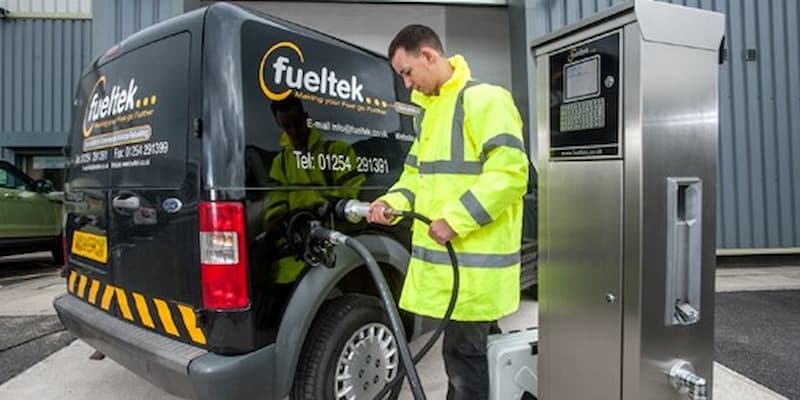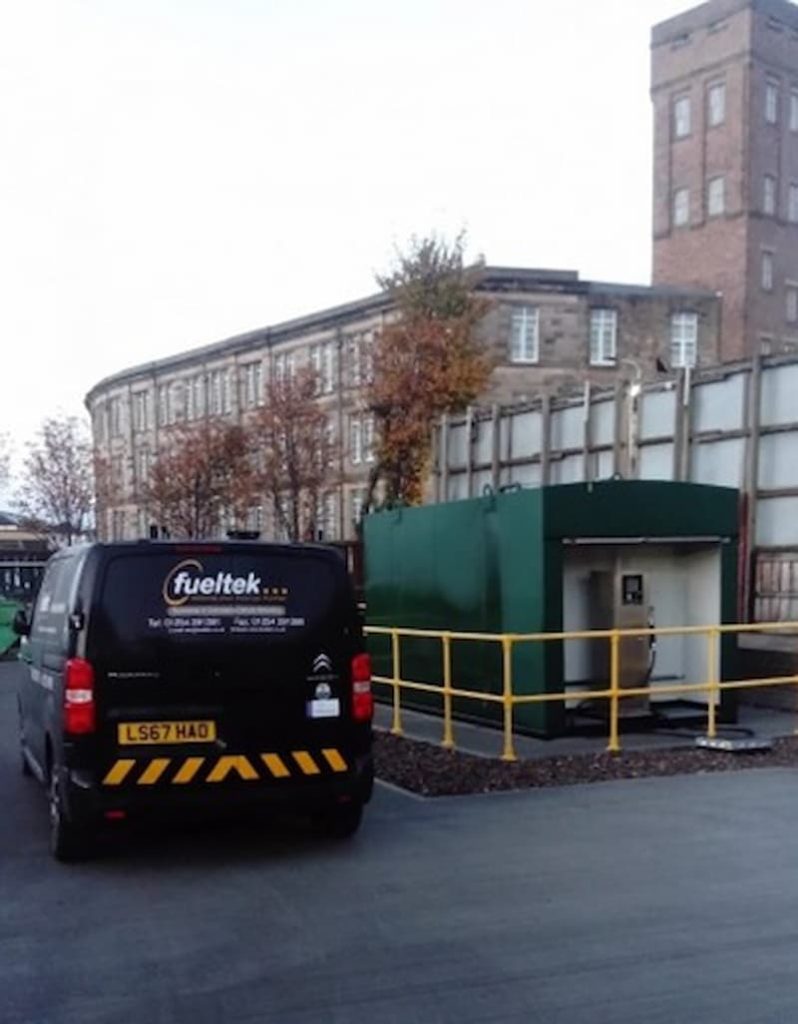Understanding HMRC’s Latest Responses on Motoring Expenses
Due to our deep connection to the commercial fleet sector, we keep a close eye on all matters that would impact it, from changes in fuel prices to new advice on fleet management and government guidance. One incident that caught our attention recently is the court case between HMRC, Laing O’Rourke Services and Willmott Dixon Holdings. Read on to discover the long-term impact of this event and what you can do to ensure your business’s fuel efficiency for the coming year.

HMRC vs Laing O’Rourke Services And Willmott Dixon Holdings
This ruling revolved around employees who use their personal vehicles for work; they are reimbursed by their employer at less than 45p a mile and receive an allowance, such as a car allowance, aimed at helping employees procure and run their own vehicle for business.
The key point disputed was the classification of car allowances. The court ruled that car allowances should be considered as Relevant Motoring Expenditure (RME), countering what HMRC had been asserting for nearly 20 years. This decision marks a significant turning point in shaping both existing and future motoring expense policies. It effectively makes a case for National Insurance relief to be given ‘at source’ by part of the car allowance being ‘disregarded’ from earnings for NI purposes to the extent the employee has undertaken or claimed business mileage that month at less than the 45p maximum rate.
Understanding the Court’s Decision and HMRC’s Guidance
The court ruling clarified that National Insurance relief was available since April 2002 against some or all of the car allowances paid, similar to the Income Tax relief available to employees via the Mileage Allowance Relief (MAR) scheme.
The decision implies that the car allowance, in most cases, was most likely RME and, therefore, relief (or “disregard”) should have been given at the source for the Qualifying Amount. Furthermore, both Primary and Secondary Class 1 NICs (employee and employer NIC) will most likely have been overpaid by virtually all UK companies paying a car allowance to staff.
In HMRC’s November 2023 agent update, they suggested how employees and employers could backdate relief claims. Interestingly, though, they didn’t provide any guidance concerning future actions. John Messore from Innovation Professional Services critically pointed out that HMRC’s guidance following the court loss was ‘incorrect and misleading’. He argued that the statement “National Insurance Contributions (NICs) are no longer due” was inaccurate as they were never due in the first place. They were paid due to misleading guidance from HMRC.
HMRC Issue 114’s Impact on Motor Expenses
From our viewpoint at Fueltek as fuel management system providers, this court ruling and HMRC’s subsequent guidance will have direct consequences for all commercial fleet operators across the UK. The potential refunds could mean significant cost reductions and alter the financial landscape of the business. But more importantly, this ruling calls for careful consideration and strategic responses from fleet managers. After all, efficient fuel management is a core aspect that affects your bottom line.
Fleet managers will need to recalibrate expense policies, align systems for more accurate tracking, and ensure compliance with this new operational landscape. Furthermore, organisation-wide awareness of this change is crucial, as it influences how employees claim their expenses and the resultant costs borne by the company.
Room for Investment for Fleet Managers
As fleet managers, it’s essential to stay informed and agile, adapting swiftly to significant changes like these. Consider engaging with your financial advisors or legal consultants to comprehend the nuances of the ruling thoroughly. Still, with potential refunds, this will be an excellent time to invest in new, long-term solutions for fuel efficiency.
One proactive response could be revisiting your current procedures for tracking and managing fuel expenses. This is where we at Fueltek can lend our expertise. Our Complete Fuel Management Package includes solutions for:
- A fuel monitoring system
- HVO, AdBlue and Diesel pumps
- Bunded fuel tanks
These options are individually beneficial but, when combined, are exceptional for improving your fleet’s fuel efficiency. The complete fuel management package serves as an ‘in-house fuel station’, helping you manage and track your fuel usage efficiently. The ability to compartmentalise, store, and dispense multiple products, coupled with powerful reporting tools, ensures you have every tool you need.
Additionally, our advanced fuel management software, Fuel Manager Online (FMO), equipped with Fuel Access Control Terminals (FACT), facilitates real-time information reporting, making your fleet’s operation significantly smoother.
This strategic toolset from Fueltek not only assures compliance but also enhances the overall efficiency of your fleet. By implementing these solutions, we know fleet managers will successfully transform this regulatory hurdle into an opportunity for cost savings and improved management.
Efficient On-Site Fuel Solutions from Fueltek
The solutions we supply, such as the on-site fuel management systems, are designed to optimise fuel expenses and offer significant savings opportunities. With an uncertain year ahead, we provide steady and reliable support.
At Fueltek, we are committed to helping businesses adapt to changes fast. By partnering with us, businesses confidently navigate the challenges of this rapidly shifting landscape, optimising their operations despite regulatory changes. Contact us to discuss your fleet’s needs further and discover how we will help.











